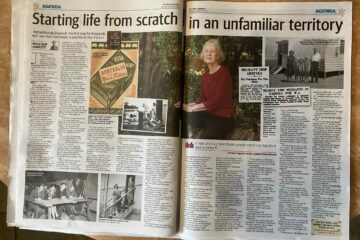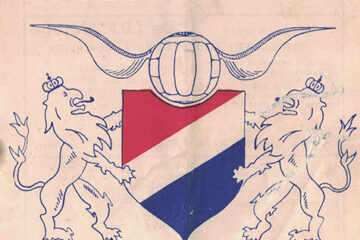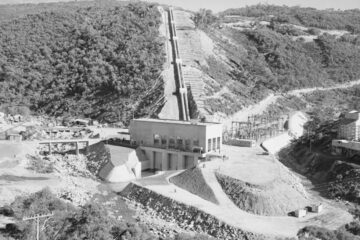All over the world migrants have left multiple traces, deep traces that are indispensable for
the fostering of heritage communities and for research in the humanities and social sciences.
Yet the growing societal demand for cultural services and the increasingly insufficient
resources available to manage migrants’ cultural heritage is creating a gap — one difficult to
bridge even as the importance of cultural heritage to a country’s economy and social capital
is widely recognized (most recently in 2014 by the Council of the European Union adoption
of the Conclusions on cultural heritage as a strategic resource for a sustainable Europe).
This workshop responds to this key challenge of how to preserve and enhance transnational
public and community memory practices through new digital technologies. Because heritage
can be both a focus of research and a source for cultural engagement, especially in the
construction of meaning and identity, new digital architectures and new digital preservation
techniques and Linked Open Data standards offer new possibilities for scholars and migrant
community members alike.
The central research question addressed in this workshop therefore is how to develop standards and strategies for linking the diverse resources through digital methods, community governance and sustainable practices. It explores cultural heritage from a wide range of social science and humanities perspectives and disciplines that include leading representatives from academia, the archives, libraries and museums (both public and private) sector. It provides a distinctive and major intersection into contemporary memory mediation practices as currently researched, understood and practiced around the world within the context of developing an international standard for linking collections. At present, these advancements are unevenly deployed in terms of institutional realization, infrastructure development, copyright awareness, regional policy alignment, stakeholder management, and community empowerment and education. The transnational nature of the migration movement also poses new challenges in the realms of organization, preservation and infrastructure. This workshop will address all these issues in a daily mix of general lectures, discussions and working sessions.
Bringing together for the first time ever global leaders working in cultural heritage and digital technologies, this workshop will examine memory institution practices at both the public and private level in a time of profound social, political and technological change. Critically, it will respond to the problems facing efforts to preserve cultural heritage through devising and showcasing inventive digital experiments, empirical research and innovative digital approaches that link across migrant heritage collections in preservation, connection and dissemination.
See also: The preservation and digitalisation of Dutch- Australian Migrant Registration Cards


